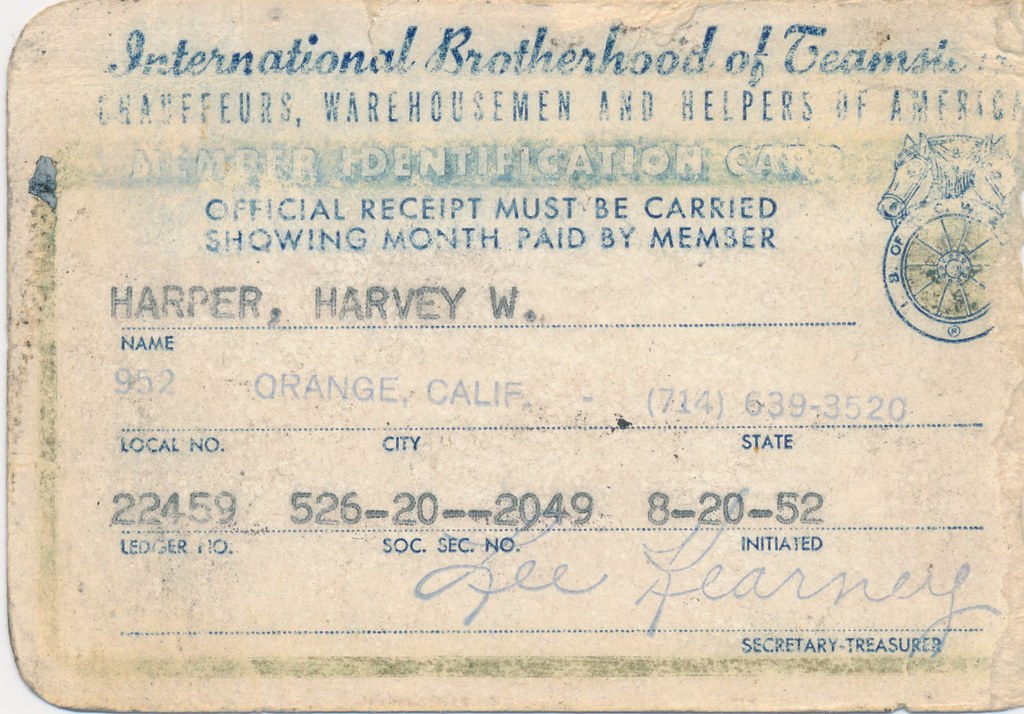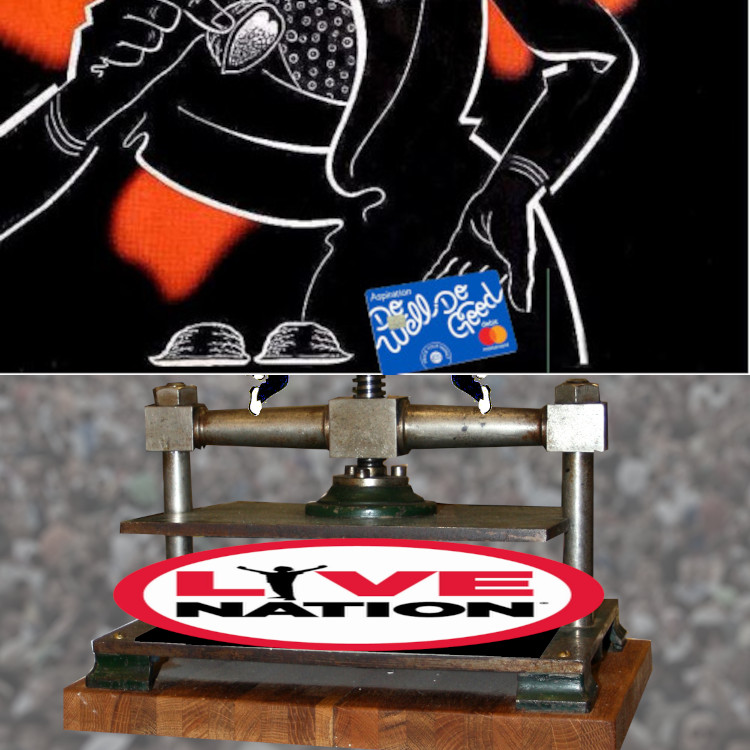
HEATHERS (1988) dir. Michael Lehmann wilwheaton.tumblr.com/post/668166071…
HEATHERS (1988) dir. Michael Lehmann wilwheaton.tumblr.com/post/668166071…
HEATHERS (1988) dir. Michael Lehmann wilwheaton.tumblr.com/post/668166071…
HEATHERS (1988) dir. Michael Lehmann wilwheaton.tumblr.com/post/668166071…
HEATHERS (1988) dir. Michael Lehmann wilwheaton.tumblr.com/post/668166071…
HEATHERS (1988) dir. Michael Lehmann wilwheaton.tumblr.com/post/668166071…
HEATHERS (1988) dir. Michael Lehmann wilwheaton.tumblr.com/post/668166071…
• • •
Missing some Tweet in this thread? You can try to
force a refresh













